WorldPride 2025 Calls for Global LGBTQ Solidarity
InterPride co-president Ymania Brown urges attendees to celebrate, resist, and carry the spirit of Pride across borders.

“Right now, more than ever, we need global solidarity. And WorldPride is probably the closest thing we have to a visible manifestation of the unity we have across borders,” says Ymania Brown, one of the co-presidents of InterPride, the international umbrella organization of Pride organizers.
“The goal for us at InterPride and for WorldPride is for our members and everyone who comes to WorldPride in Washington, to walk away knowing that we are not alone,” she continues. “That our struggles, while unique in different countries and different regions, are shared. And as a result of that shared struggle, our victories, and the successes we have in changing laws for our people, are collective.”
Held annually since 2000, when it debuted in Rome, WorldPride seeks to bring together the global LGBTQI community, through a series of different, highly visible events, for the purpose of bridging global divides, creating deeper connections and relationships, and making allies with their fellow LGBTQI people abroad.
Each host city is responsible for producing opening and closing ceremonies, a Pride parade or similar bespoke event, cultural activities, and a human rights conference. Some cities have gone further, adding events like a street festival, various concerts, an international sports festival, and even political marches to the itinerary — all of which are part of D.C.’s WorldPride festivities.
Washington, D.C. initially submitted a bid to host the 2025 event but was beaten out by Kaohsiung City, Taiwan. After organizers of Kaohsiung Pride abruptly withdrew their bid, InterPride, as the international umbrella organization of Pride organizers, asked its members to vote on whether to select Washington as a replacement host city.
The members did so overwhelmingly, awarding WorldPride 2025 to the Capital Pride Alliance, the local organization in charge of planning and operations for this year’s WorldPride festivities.
Brown wants attendees of WorldPride to feel like part of a global movement, to feel empowered by the visibility of the LGBTQI community, and to be inspired by the activism, empowerment, and resilience of their fellow attendees.
Organizers also hope the celebration serves as an implicit call to action, inspiring some attendees to return to their home communities and either advocate on behalf of LGBTI rights, or fight against anti-LGBTI laws and anti-LGBTI violence that is often directed at members of the community.
“We want our members and the participants of WorldPride to leave, not just being emotionally moved by the amazing work that [Capital Pride Alliance Executive Director] Ryan Bos and the Washington team have done, but to be mobilized,” Brown says. “Now that you’ve marched, after all the confetti and glitter has died down, what will you do next? Vote, organize, donate, speak up, and continue to fight. That’s what we expect.”
However, Brown acknowledges that activism takes varying forms, and does not have to be on a grand scale. While activism typically takes the form of sit-ins, protests, boycotts, and marches — like the International Rally and March for Freedom that will take place on the morning of June 8, the final Sunday of WorldPride –- it can also take more subtle forms. For instance, she notes, merely attending a visibly LGBTQI event is an inherently political statement, especially during a time when anti-LGBTQI sentiment appears to be on an upswing across the globe.
“Pride is a protest,” she says. “But a protest comes in many different forms. It comes in the form of having celebrations. It comes in the form of marrying the man that you love if you’re gay, or the woman you love if you’re a lesbian.
“An LGBTI community party organized by and for LGBTI people is a protest. When we get together and have fun and celebrate who we are, it’s an announcement to the world that we are comfortable in our bodies. We can do whatever we want, because we are free to do so. It’s the equivalent of grabbing a banner, marching down the streets, and saying, ‘I am here. This is my voice. I am speaking.’ I am going to have a good time with my friends and listen to some music, and dance, because I can. Because I’m LGBTI, and I am free in this country.”
Brown says this year’s celebration of WorldPride may be markedly different from past years, in part due to the U.S. government’s policies seeking to crack down on illegal immigration and refusing to recognize the gender identity of transgender individuals.
Because of those policies, some LGBTQI people from abroad may refrain from attending over concerns that they may be detained by customs officials if they are accused of trying to enter the United States illegally.
In the case of transgender people, whose documentation may have been changed to reflect their gender identity, there is a risk that they could be turned away and even barred from future entry because their identification documents are considered “invalid” by the United States government, which is complying with an executive order by President Donald Trump declaring that there are only two sexes, based on biological sex as observed at the time of birth, and that any sex markers on official documentation should reflect that designation.
Notably, Brown, who is transgender, will not be attending WorldPride for that very reason.
“InterPride decided to award WorldPride to Washington well before the current administration came to power,” she explains. “The city submitted a really good bid and our members voted for it. They trusted that they were going to have an amazing event.
“Of course, since then, everyone’s a little bit jittery, including myself, because we can’t attend. It’s not safe. I mean, I like to see some Washington monuments. [But] I particularly don’t want to end up in an El Salvador jail cell. So because of the executive orders that have been signed, it’s a little bit difficult for trans people.”
Brown notes that the political backdrop that WorldPride is occurring against is unprecedented, in part because most of the past WorldPride host cities –- such as Madrid, Toronto Sydney, Amsterdam, and Copenhagen, to name a few –- were highly evolved, Western cities with LGBTQI-friendly and pro-migration policies.
However, despite facing a different political environment than previous host cities, Brown says that InterPride trusts the organizers of WorldPride — in this case, Capital Pride Alliance — to have made the proper preparations and taken precautions to ensure the success of events and the safety of attendees.
“We trust that Capital Pride has done everything they can to ensure that risks are mitigated through their preparations,” she says. “And then it’s up to us to promote it and tell people: ‘This is a safe event. Come and enjoy. Pride is resistance. Turn up with your flag to the marches and protest.'”
For those worried about the inability of friends or acquaintances from abroad to attend this year’s celebration, Brown has a piece of advice: Celebrate and enjoy yourself as much as possible.
“I’m a person of faith,” she says. “And there is a part in the Gospel of Matthew — Matthew 18:20 — where Jesus says, ‘For where two of three gather in my name, I am there with them.’ As an LGBTI and trans woman who’s a co-president of InterPride, my version is: ‘When one or two or three of you LGBTI citizens of the world gather in the name of InterPride, you are celebrating.’ Celebrate with honor. Celebrate for your community who cannot be there. Have an amazing time. We want to see you dance until 2 a.m., and stand around and say, ‘Oh my God, that was amazing.’ Do that for us, because when two or three or more of you gather in the name of LGBTI citizens around the world, you are taking all of us along for the ride.”
For more information, visit www.interpride.org.
This article appears in The Official 2025 WorldPride DC Guide. Reprinted with permission.
Support Metro Weekly’s Journalism
These are challenging times for news organizations. And yet it’s crucial we stay active and provide vital resources and information to both our local readers and the world. So won’t you please take a moment and consider supporting Metro Weekly with a membership? For as little as $5 a month, you can help ensure Metro Weekly magazine and MetroWeekly.com remain free, viable resources as we provide the best, most diverse, culturally-resonant LGBTQ coverage in both the D.C. region and around the world. Memberships come with exclusive perks and discounts, your own personal digital delivery of each week’s magazine (and an archive), access to our Member's Lounge when it launches this fall, and exclusive members-only items like Metro Weekly Membership Mugs and Tote Bags! Check out all our membership levels here and please join us today!







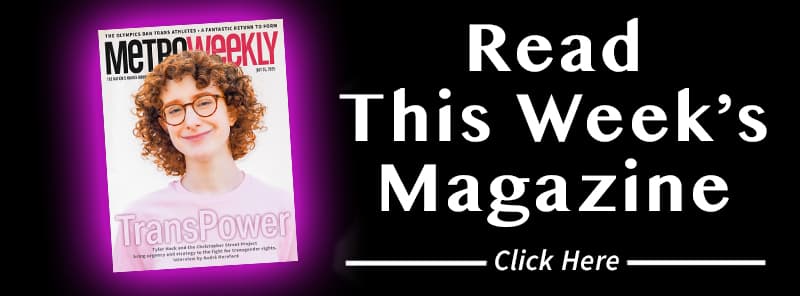
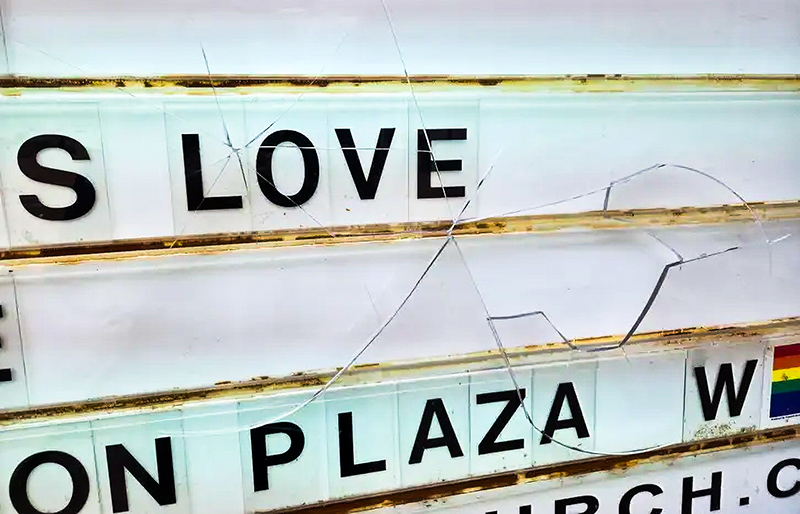
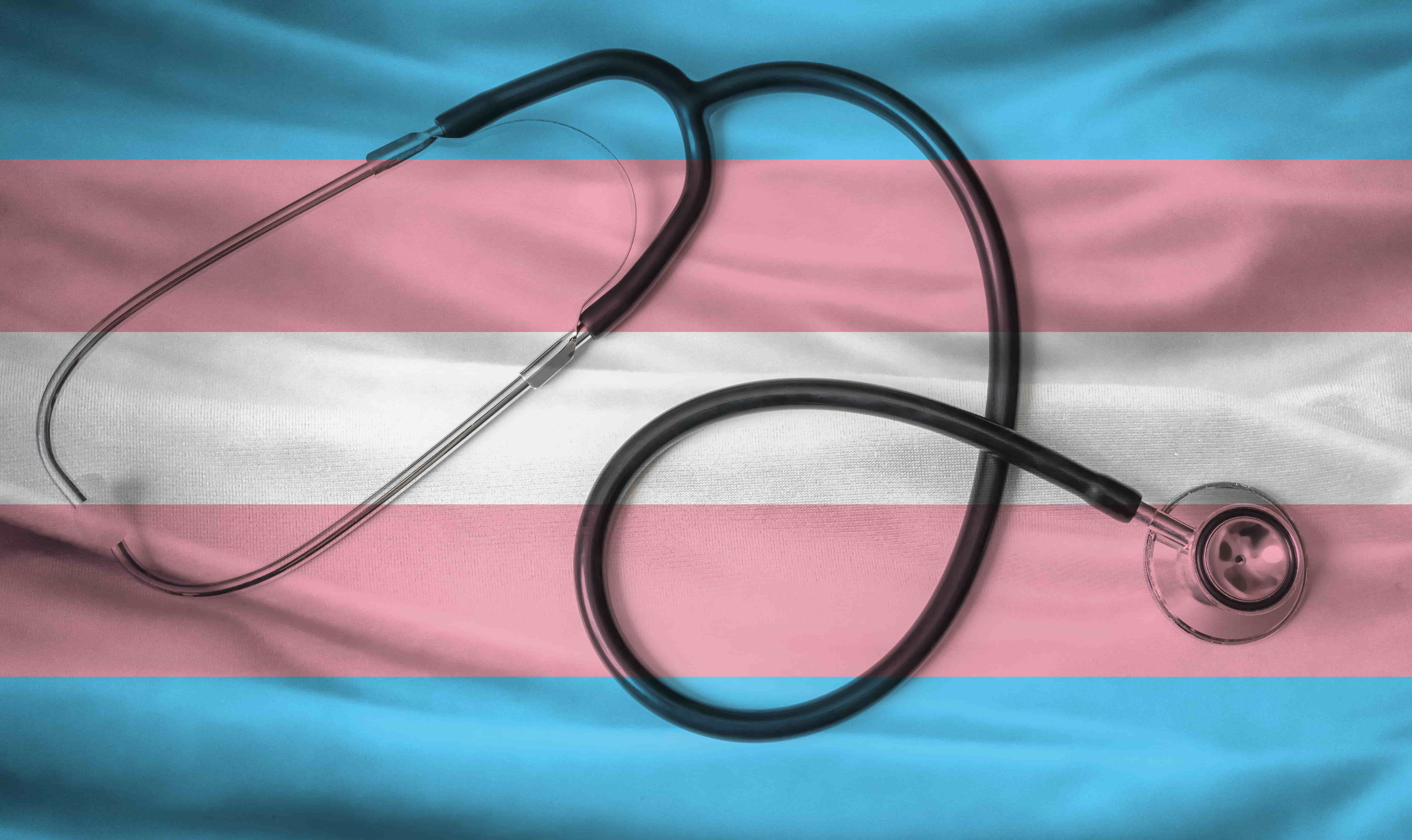
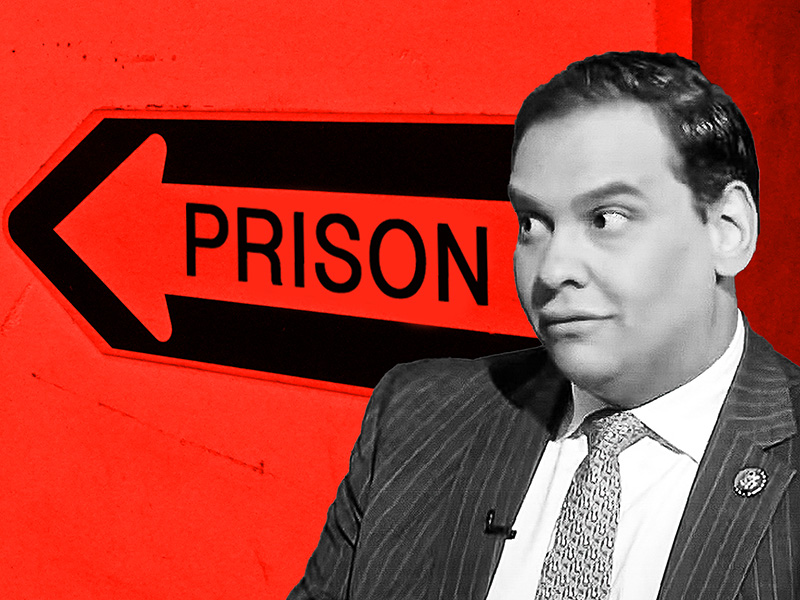













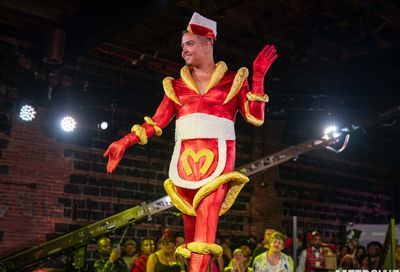
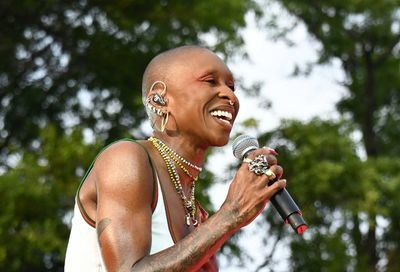
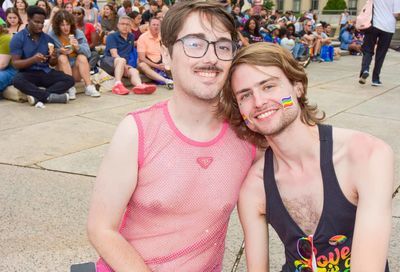
You must be logged in to post a comment.